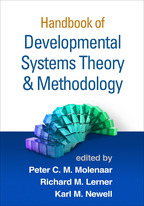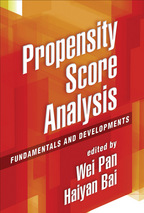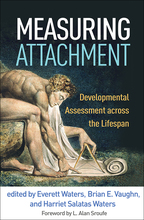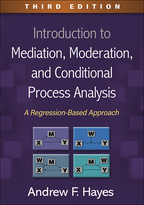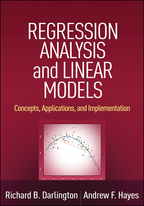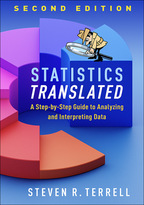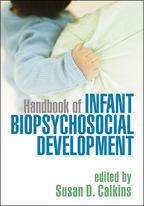Handbook of Developmental Systems Theory and Methodology
Edited by Peter C. M. Molenaar, Richard M. Lerner, and Karl M. Newell
Hardcovere-bookprint + e-book
Hardcover
orderDecember 18, 2013
ISBN 9781609185091
Price: $190.00 517 Pages
Size: 7" x 10"
“This handbook covers topics at the leading edge of the developmental sciences. If the study of development over the last century has taught us anything, it's that development is enormously complicated—and disentangling it requires methodological and analytic approaches that mirror its complexity. This volume will serve researchers and students of development for years to come.”

—John Colombo, PhD, Department of Psychology and Director, Life Span Institute, University of Kansas
“This volume makes good on a promise of developmental systems theory that has long gone unfulfilled: real confluence of the many scientific streams that flow into the developmental analysis of behavior. All of the great dichotomies that once characterized nature and nurture—biological and quantitative genetics, individual differences and species-typical characteristics, experimental and nonexperimental approaches, the lab bench and purely virtual simulations of quantitative models—are allowed here to flourish side by side without intellectual rancor. The result is an enriching synthesis that provides a model for the next generation of developmental scientists.”

—Eric Turkheimer, PhD, Department of Psychology, University of Virginia
“Development is complex and extends over the entire life course, but early developmental scholarship tended to focus on narrow constructs and restricted portions of the life span. In contrast, this volume offers integrative, relational approaches to human development, assembling cutting-edge work on dynamic systems theory. The contributors identify and solve methodological challenges posed by systems theory, illuminate how new methodologies are grounded in metatheoretical concepts, and illustrate how new methods may be applied to understand and optimize human development. This is an excellent resource for faculty, staff researchers, and doctoral students who wish to study development in all its complexity.”

—Lynn S. Liben, PhD, Distinguished Professor of Psychology, The Pennsylvania State University.
“Developmental systems theory provides an integrative theoretical foundation for the future of developmental science in a postgenomic world. This handbook provides key lessons about relevant cutting-edge methods along with a multitude of examples of how these methods can be applied. It is an invaluable resource for established developmental systems researchers as well as those seeking to apply this approach to their own work.”

—Peter J. Marshall, PhD, Department of Psychology, Temple University
—John Colombo, PhD, Department of Psychology and Director, Life Span Institute, University of Kansas
“This volume makes good on a promise of developmental systems theory that has long gone unfulfilled: real confluence of the many scientific streams that flow into the developmental analysis of behavior. All of the great dichotomies that once characterized nature and nurture—biological and quantitative genetics, individual differences and species-typical characteristics, experimental and nonexperimental approaches, the lab bench and purely virtual simulations of quantitative models—are allowed here to flourish side by side without intellectual rancor. The result is an enriching synthesis that provides a model for the next generation of developmental scientists.”
—Eric Turkheimer, PhD, Department of Psychology, University of Virginia
“Development is complex and extends over the entire life course, but early developmental scholarship tended to focus on narrow constructs and restricted portions of the life span. In contrast, this volume offers integrative, relational approaches to human development, assembling cutting-edge work on dynamic systems theory. The contributors identify and solve methodological challenges posed by systems theory, illuminate how new methodologies are grounded in metatheoretical concepts, and illustrate how new methods may be applied to understand and optimize human development. This is an excellent resource for faculty, staff researchers, and doctoral students who wish to study development in all its complexity.”
—Lynn S. Liben, PhD, Distinguished Professor of Psychology, The Pennsylvania State University.
“Developmental systems theory provides an integrative theoretical foundation for the future of developmental science in a postgenomic world. This handbook provides key lessons about relevant cutting-edge methods along with a multitude of examples of how these methods can be applied. It is an invaluable resource for established developmental systems researchers as well as those seeking to apply this approach to their own work.”
—Peter J. Marshall, PhD, Department of Psychology, Temple University

